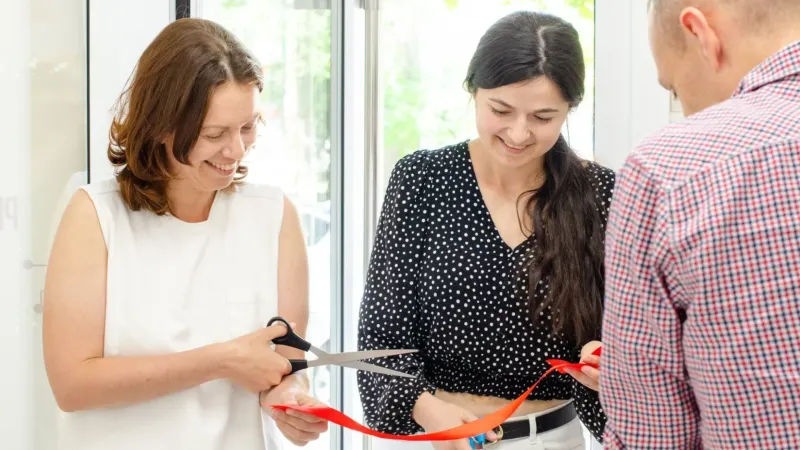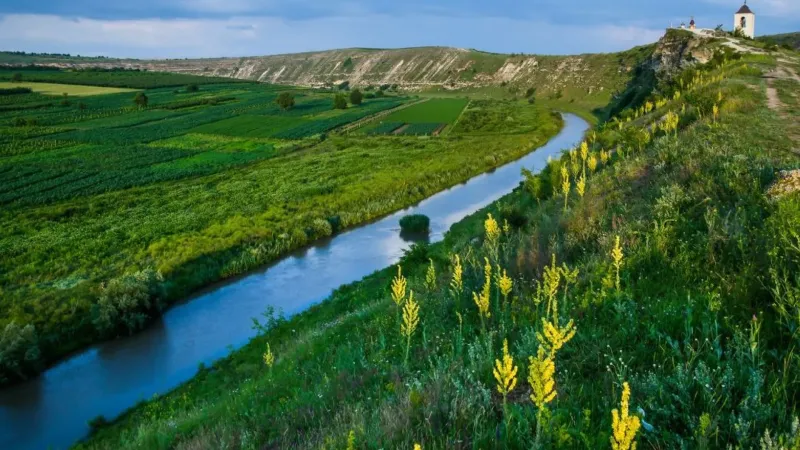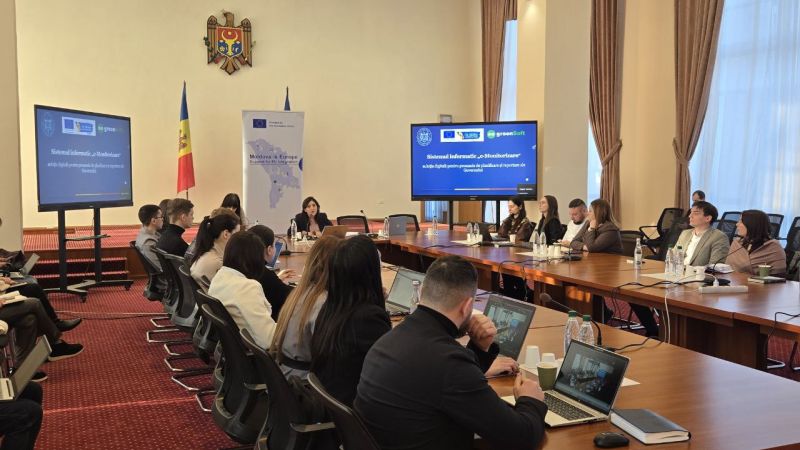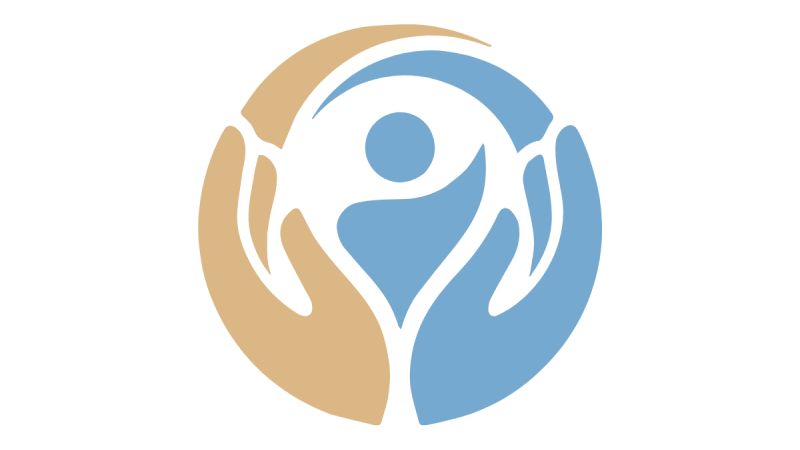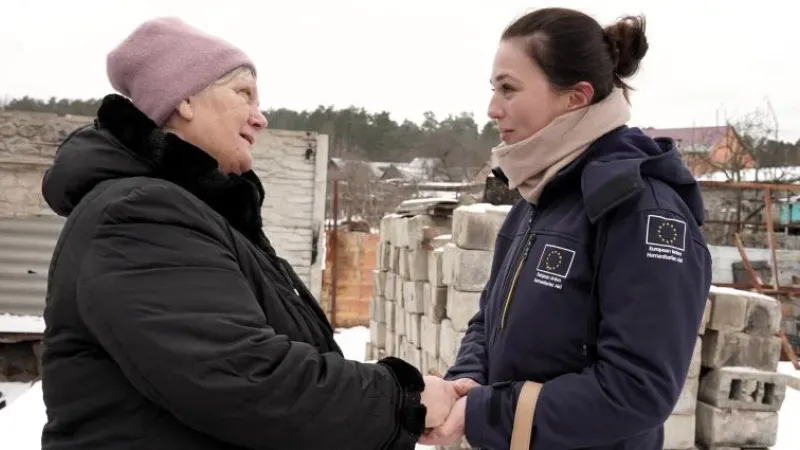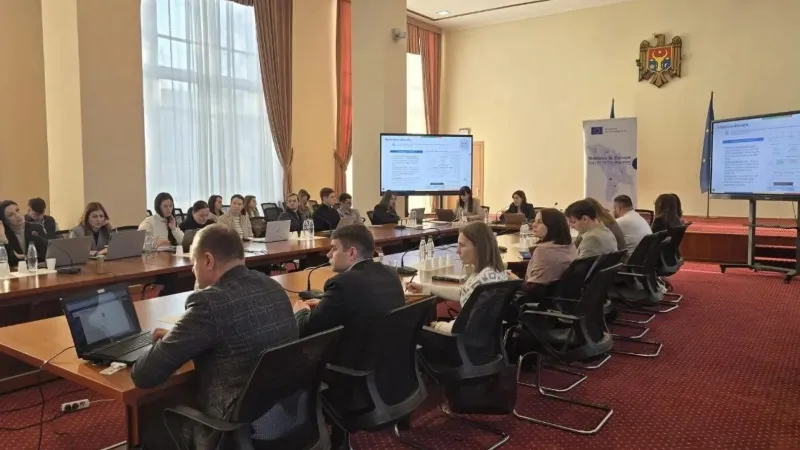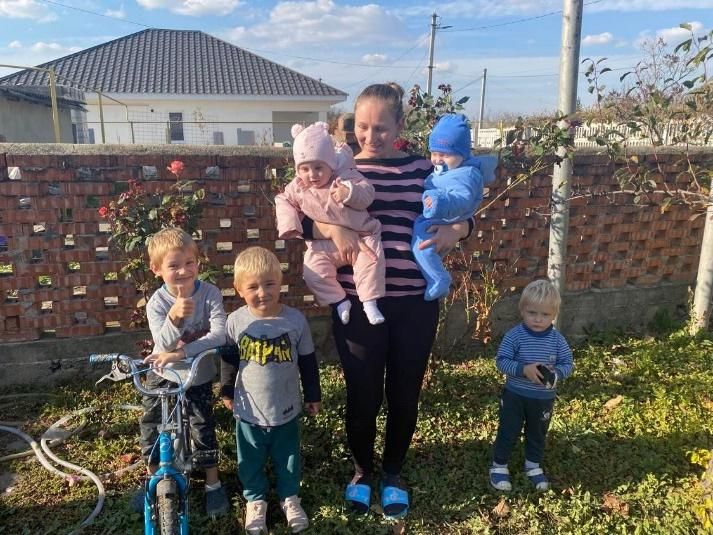
UE oferă asistență autorităților publice din Republica Moldova pentru reformarea sistemului de îngrijire a copiilor
Fiecare copil merită o copilărie fericită, alături de o familie. În contextul implementării politicilor naționale, în perioada februarie-decembrie 2021, CCF (Copil, Comunitate, Familie) Moldova a continuat să ofere asistență autorităților publice la diferite nivele, pentru realizarea procesului de reformă a sistemului de îngrijire a copilului, printr-un set complex de măsuri de prevenire a separării/instituționalizării; reintegrării/plasării copiilor în medii familiale; consolidării capacităților profesioniștilor din domeniul protecției copilului și dezvoltării serviciilor sociale în parteneriat cu autoritățile.
Strategia de intervenție a CCF Moldova bazându-se pe metodologia Managementului de caz, aprobat ca instrument și aplicat în situațiile de criză ale familiilor cu copii contribuind la diminuarea elementelor specifice sărăciei și izolării sociale, factorilor care duc la marginalizare socială și la riscul separării copiilor de familiile lor. Până în luna decembrie 2021, numărul de copii susținuți în programul de prevenire a instituționalizării/separării de familie și a copiilor reintegrați/plasați în familii a atins cifra de 141 (109 copii din programul de prevenire a instituționalizării să 32 copii reintegrați).
Sărăcia și dificultățile de ordin material (ca şi cauză singulară) nu ar trebui să fie un motiv de separare. Bugetul familial constituie premiza bunăstării materiale a oricărei familii care este strâns dependentă de situația social-economică din țară și resursele nu doar materiale, dar și sociale ale familiei. Disensiunile și conflictele familiale apar adeseori din cauza lipsei mijloacelor elementare de existență. Atât copiii, cât și familiile lor au beneficiat de asistenţă complexă, realizată în baza planului individualizat de asistență, oferită prin diverse tipuri de intervenție (socială, psihologică, juridică, medicală, educațională etc.): facilitarea accesului la servicii sociale prezente în comunitate, capacitatea familiei și potențialul ei; conexiunea familiei cu comunitatea ca sursă a rezilienței (rețeaua de suport); îmbunătățirea condițiilor de trai; fortificarea relațiilor în cadrul familiei și în comunitate; întărirea comportamentelor pozitive, urmărind eliminarea factorilor de risc, încât să asigurăm un mediu protectiv familial pentru fiecare copil.
„Nu pot să-mi imaginez, cum m-aș fi descurcat de una singura cu cinci copii și cu un soț care are nevoie de îngrijire. Mă sculam dimineața și mă gândeam din ce să pregătesc mâncare copiilor, cu ce să-i îmbrac și la cine să mă adresez…. Astăzi suntem în siguranță, deoarece am fost sprijinită să accesez ajutorul social, mi s-a oferit sprijin pentru a putea da copiilor ceea ce au ei nevoie și să nu fiu nevoită să-i las la internat!”, a menționat mama copiilor.
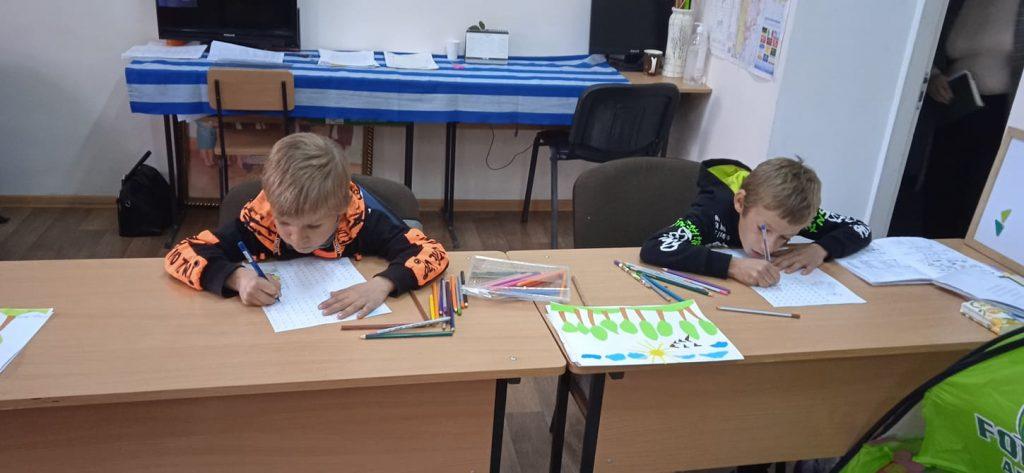
Fiind instituționalizați din primele luni de viață, frățiorii nu au cunoscut ce înseamnă să faci parte dintr-o familie, să ai parte de dragoste și grijă părintească. După nenumărate întâlniri, procese, acești frați au fost plasați într-o familie de asistență parentală profesionistă. „Noi în fiecare zi mergem la școală, ieșim la joacă afară și chiar mergem la magazin. Acasă avem păsări, animale și mama noastră!” a spus unul din copii.
Proiectul HOPE – Abordarea holistică a protecției copilului în Moldova – este implementat de Caritas Austria, împreună cu co-solicitanții locali CCF Moldova – Copil, Comunitate, Familie, Fundația Regina Pacis și Misiunea Socială „Diaconia” și este finanțat de Uniunea Europeană, Agenția Austriacă de Dezvoltare și Caritas Austria.
Proiectul își propune să promoveze și să protejeze drepturile copiilor din Republica Moldova și lucrează cu copiii, tinerii, părinții, îngrijitorii, asistenții parentali, asistenții sociali, profesorii, antreprenorii, autoritățile locale și centrale, precum și comunitatea în ceea ce privește măsurile de prevenire a violenței împotriva copilului. Activitățile noastre se desfășoară în municipiul Chișinău și în raioanele Nisporeni, Strășeni, Anenii Noi, Cimișlia, Ialoveni, Sîngerei și se axează pe trei domenii:
- Justiția juvenilă: susținem reintegrarea și incluziunea copiilor și tinerilor în conflict cu legea prin suport individual și formare profesională.
- Asistența parentală specializată: susținem familiile expuse riscului, oferindu-le suport material direct, consolidăm capacitatea asistenților parentali prin instruiri și instrumente relevante și facem lobby pentru aprobarea unor ghiduri specializate de asistență parentală.
- Educație în mediul rural: lucrăm cu copiii, părinții și profesorii din școlile rurale pentru prevenirea violenței împotriva copilului.

